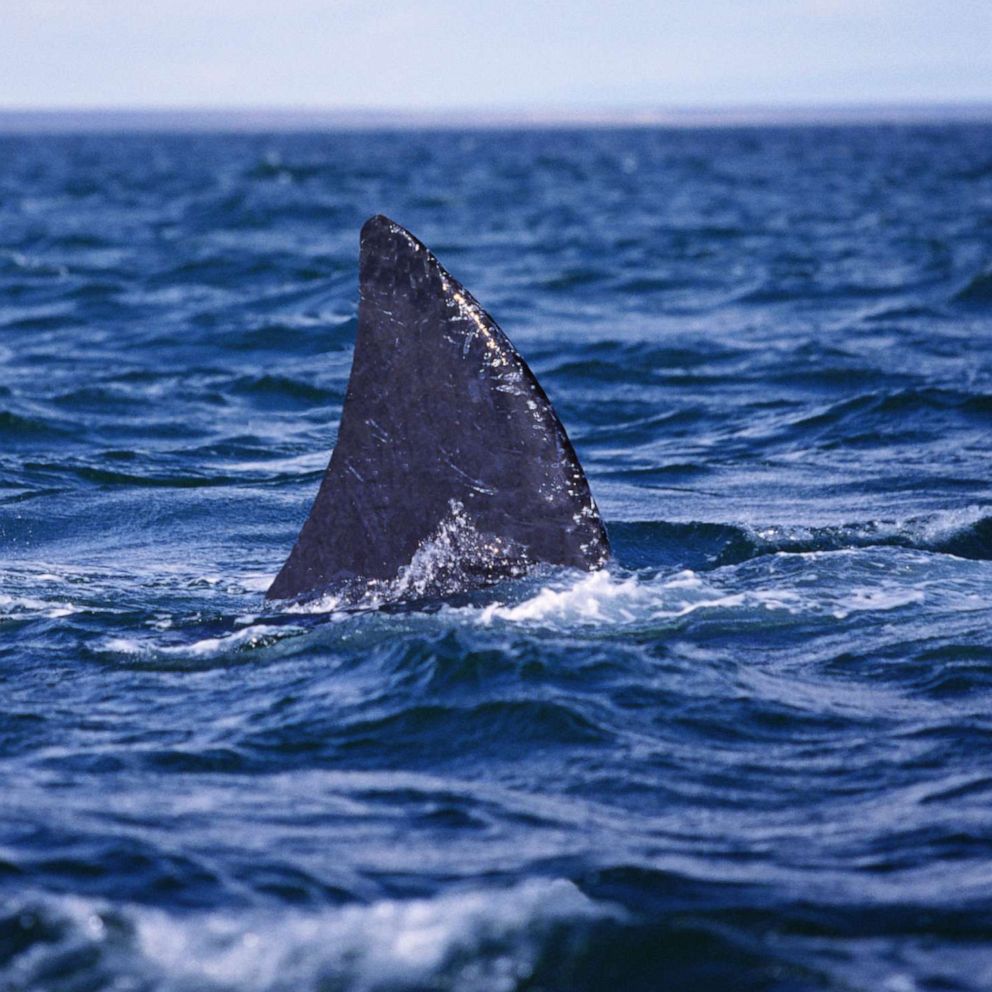History May Judge President Bush Favorably
Oct. 26, 2006 — -- An unpopular war raging inconclusively overseas, a truculent North Korea defying United Nations resolutions and flaunting its military ambitions, a sharply divided Congress squabbling bitterly over foreign policy, .and a beleaguered second-term president in his last two years in office struggling to keep his administration afloat in the face of anemic approval ratings.
George W. Bush in 2006? Try Harry S. Truman in 1950.
Truman's last two years in the White House were interminable -- for him, the press, Congress and the nation at large. It's easy to forget that when the curtain came down on his presidency, Truman's poll ratings stood at a meager 31 percent. Only Richard Nixon, who resigned the presidency with the dark cloud of Watergate hanging over his head, suffered a lower rating at 23 percent. Even Jimmy Carter, whose presidency was held hostage along with 52 Americans in Iran, left with a rating of 34 percent.
And yet, Truman, may offer Bush hope. As Truman, himself, said, "The only thing new in the world is the history you don't know."
Just a few years after leaving the White House, after retreating quietly to his hometown of Independence, Mo., Truman's stock began to rise. The magnitude of his times was appreciated. In a tribute to Truman at the opening of the Truman Library five years after he left the White House, Chief Justice of the United States Earl Warren pointed out that the years in which Truman reigned in Washington were "recognized as one of the most momentous periods of our country and the world."
Truman's strength of character was acknowledged, too. He became an elder statesman of sorts, the man who had resolutely given the OK to drop nuclear bombs on Japan to prevent greater death and destruction, who stood firm against the Soviets at the dawn of the Cold War, who instituted the Marshall Plan to rebuild postwar Europe, and who backed the creation of Israel despite violent uprisings in the Middle East.
His legacy grew further over time. The portrait David McCollough offered of Truman in his epic 1992 biography -- 20 years after Truman's death -- was a far cry from the Truman Americans saw 40 years earlier.
Mark K. Updegrove is author of "Second Acts: Presidential Lives and Legacies After the White House."




